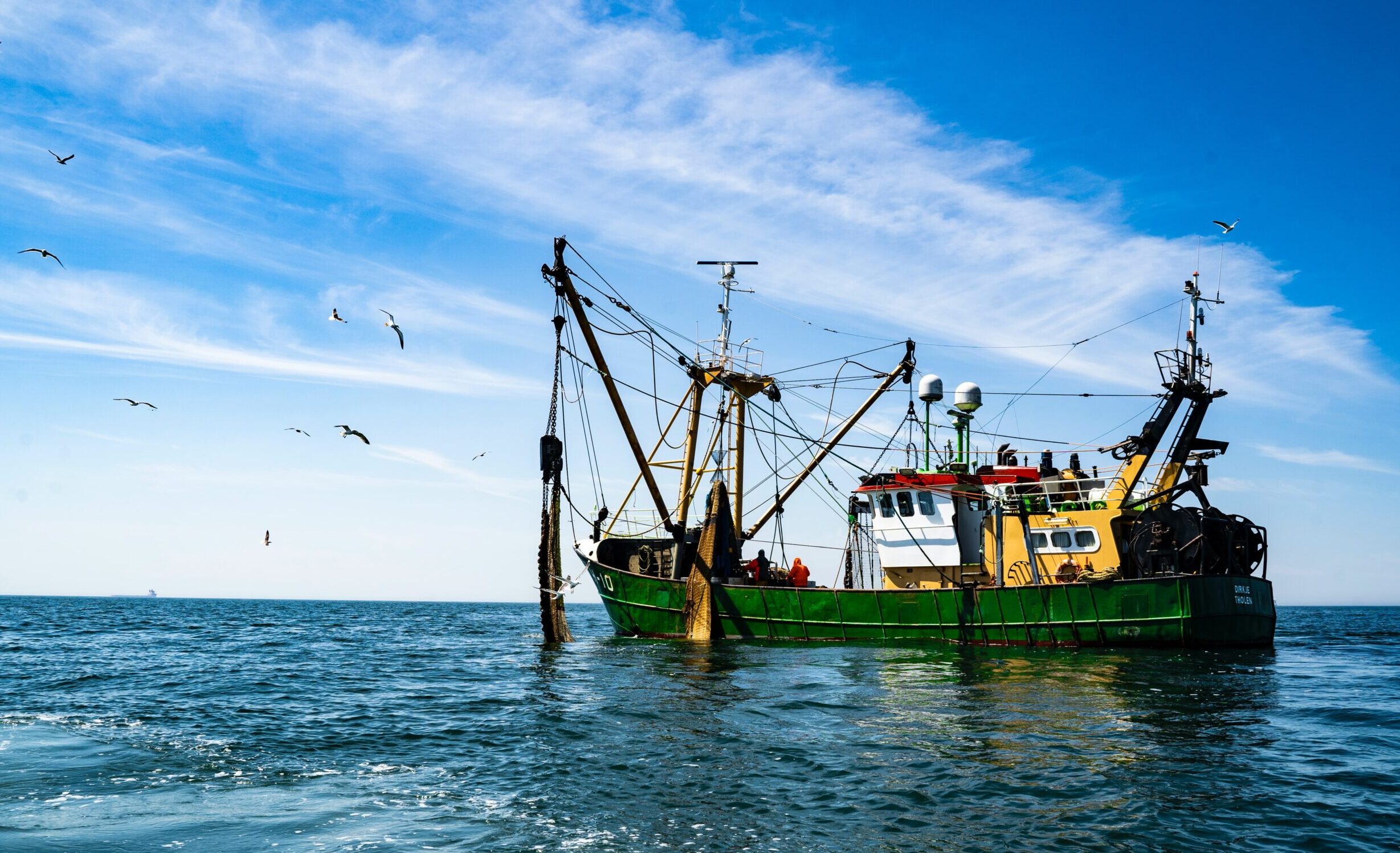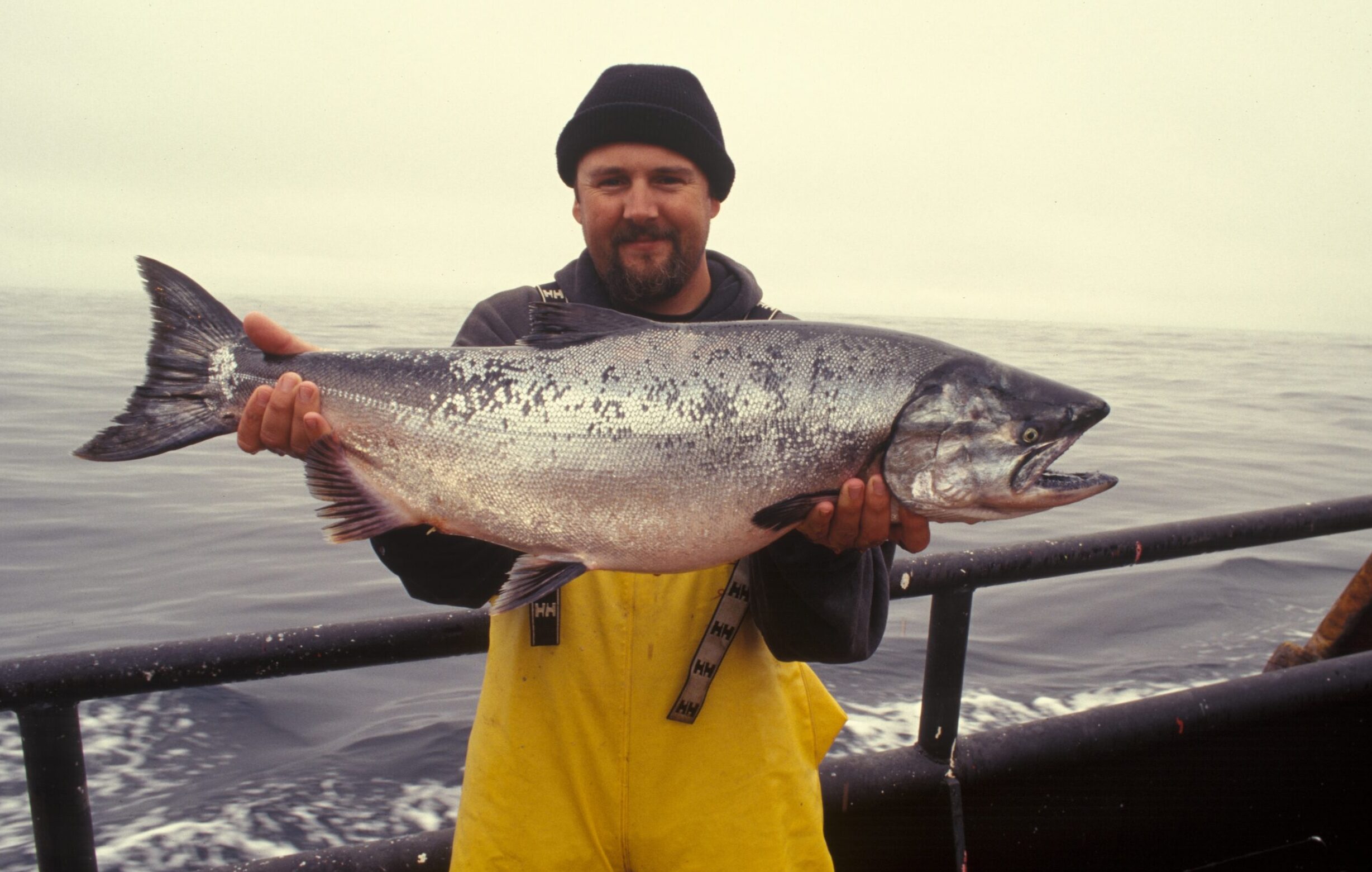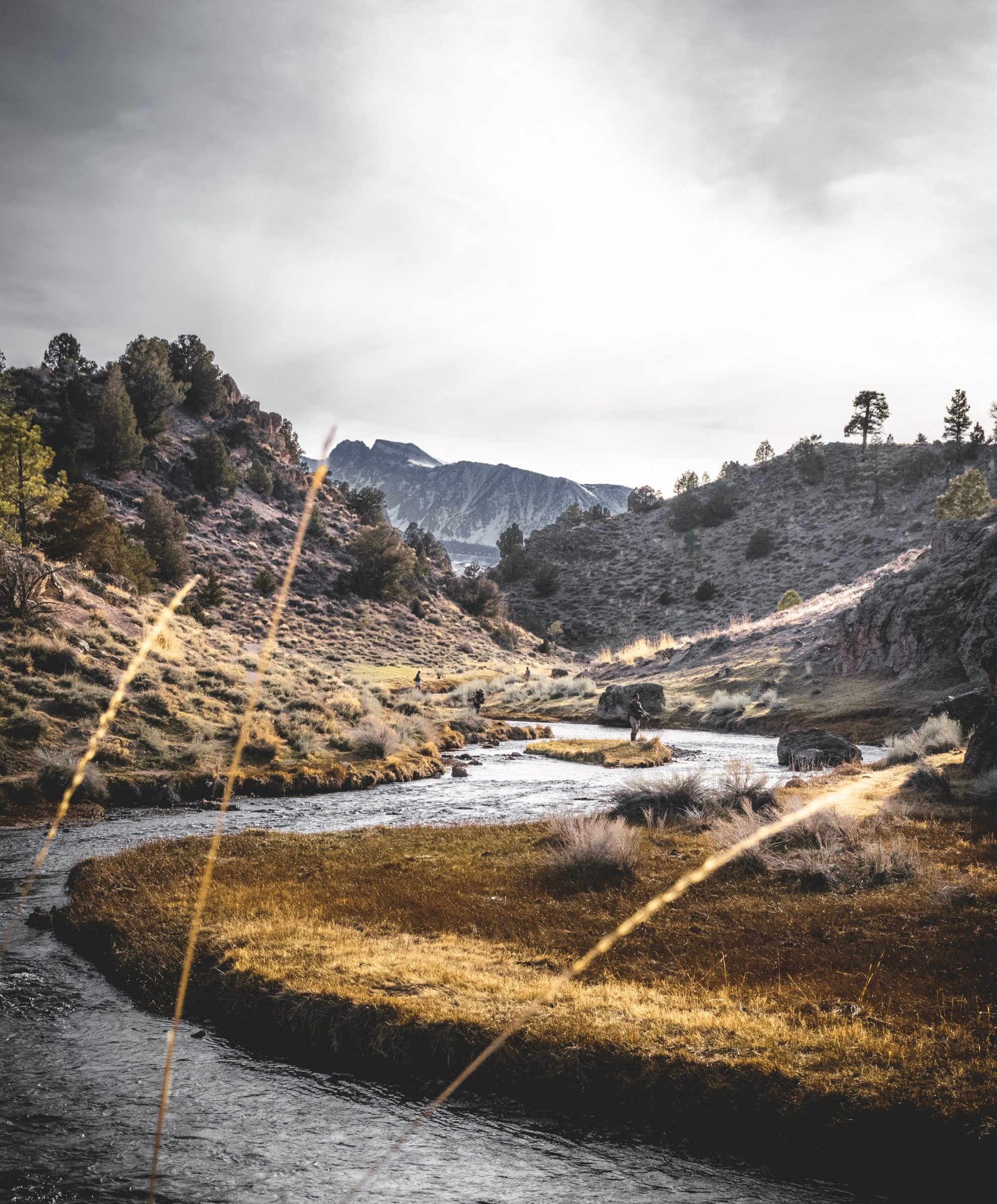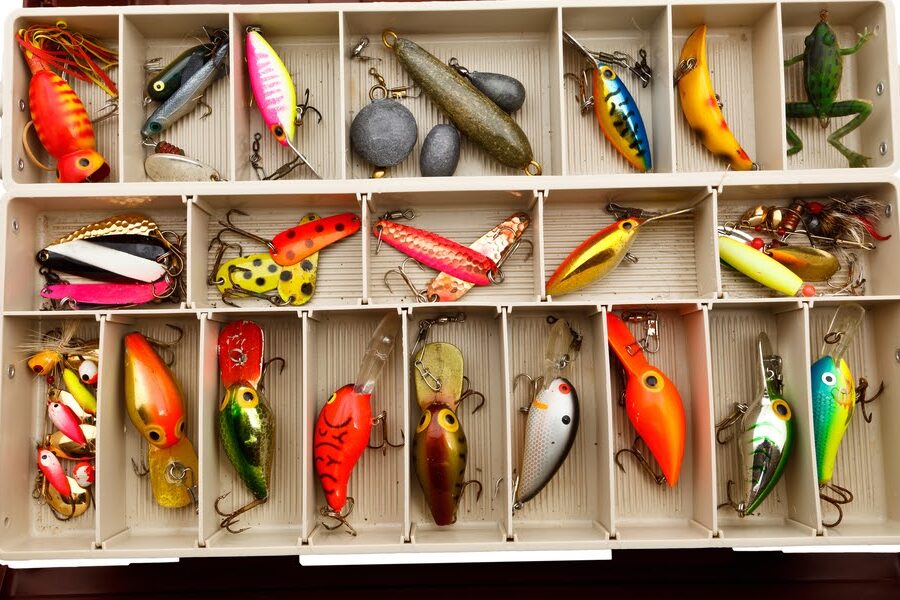Are you a fishing enthusiast who loves to spend your weekends by the water with a rod in hand? Fishing can be an incredibly fun and rewarding activity, but it’s important to remember that we must also practice responsible angling. It’s crucial that we understand fishing ethics and ensure that our actions do not harm the environment or marine life. In this blog post, we will explore how to fish responsibly and what steps you can take to become a more ethical angler. So, grab your tackle box, let’s dive into the world of responsible fishing!
What is fishing ethics?
Fishing ethics are the principles and values that anglers should follow while fishing. It is about being responsible, respecting the environment, and showing compassion towards marine life. Ethical angling is crucial in preserving aquatic ecosystems and ensuring sustainable fishing practices for future generations.
To practice ethical angling, it’s important to understand the environmental impact of your actions. This includes not littering by properly disposing of all trash and avoiding using lead sinkers as they can be toxic to wildlife.
Another essential aspect of ethical angling is understanding how to handle fish properly once caught. Anglers should use barbless hooks to minimize injury when releasing fish back into the water. Additionally, avoid causing unnecessary harm by keeping fish out of water for extended periods or holding them improperly.
It’s vital that anglers respect catch limits set by local authorities and only take what they need for personal consumption. Maintaining healthy populations ensures a balanced ecosystem where both humans and animals can thrive together harmoniously.
In summary, practicing fishing ethics means taking an active role in preserving our natural resources through responsible behavior while enjoying one of our favorite pastimes: fishing!
The Different Types of Fishing
There are many different types of fishing, each with their own unique techniques and equipment. One popular type is fly fishing, which involves using a specialized rod to cast a lightweight lure or “fly” onto the surface of the water. This method requires skill and patience as you must mimic the movements of insects to attract fish.
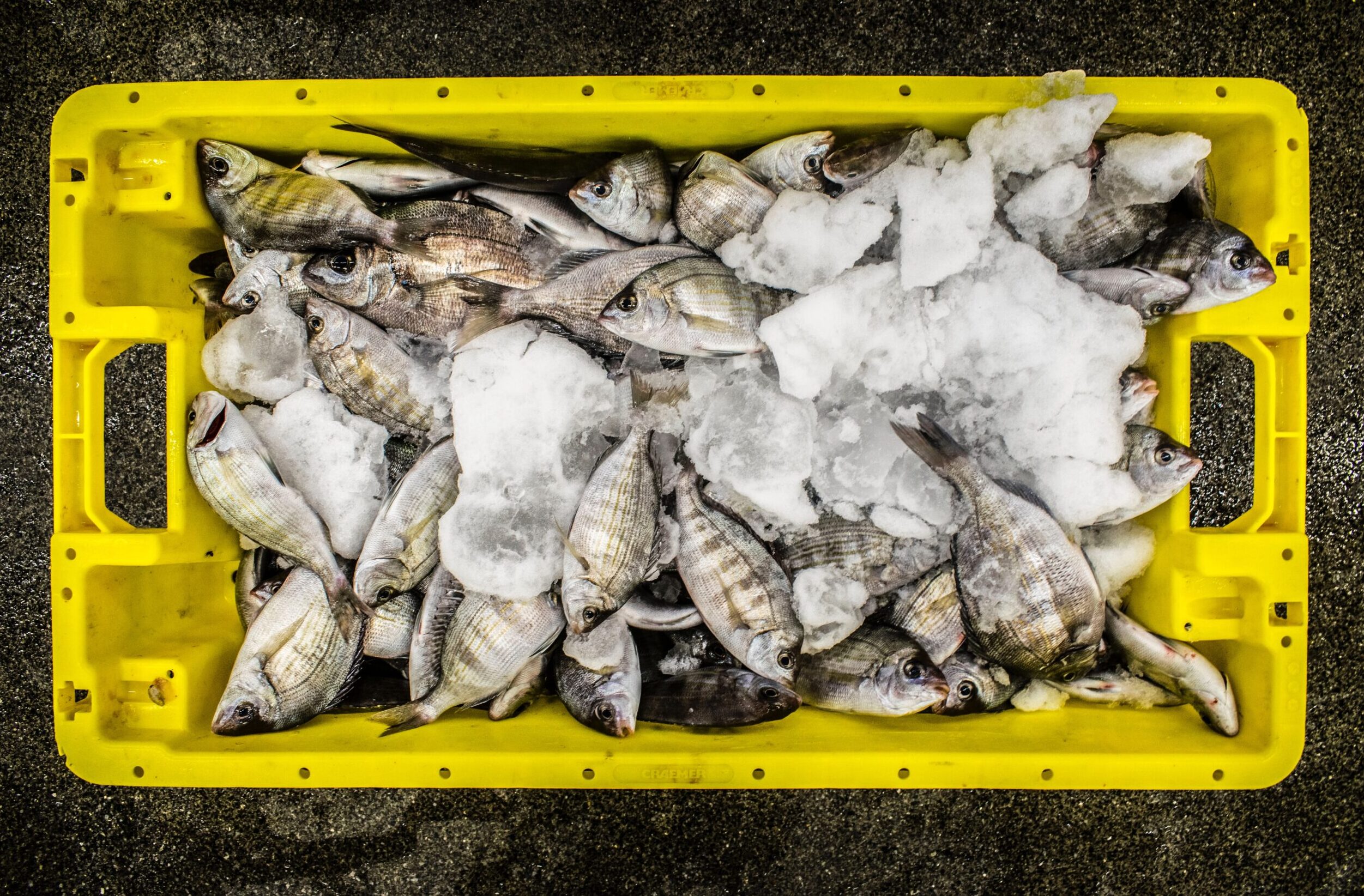
Another type of fishing is baitcasting, which uses heavier lures that require more force to cast. This technique can be more challenging but allows for greater precision in targeting specific areas where fish may be hiding.
Spinning is another common type of fishing that uses a spinning reel and lighter lures. It’s a great option for beginners as it’s easy to learn and doesn’t require as much strength or finesse as other methods.
Ice fishing is also popular in colder climates where lakes freeze over during winter months. It involves drilling holes into the ice and dropping lines with baited hooks through them.
No matter what type of fishing you choose, it’s important to always practice responsible angling techniques to protect our natural resources for future generations to enjoy.
The Pros and Cons of Fishing
Fishing is a popular recreational activity enjoyed by millions of people worldwide. As with any hobby or pastime, there are both pros and cons to fishing.
One advantage of fishing is that it can be a great stress reliever. It allows you to escape the hustle and bustle of everyday life and relax in nature. Additionally, fishing can help improve your mental health as it requires patience and focus.
On the downside, overfishing has become a major environmental issue. This can lead to depletion of fish populations, which could have serious consequences for marine ecosystems.
Another disadvantage is that some forms of fishing involve using equipment that can harm other wildlife such as birds or turtles if they get caught accidentally during the process.
Despite these challenges, many fishermen practice catch-and-release techniques which allow them to enjoy their sport while minimizing harm to the environment.
Like any activity, whether or not you choose to go fishing ultimately depends on your personal values and preferences.
What Fish to Catch on a Fishing Trip?
Choosing what fish to catch on a fishing trip can be both exciting and challenging. It’s important to research the local fish species before heading out on your adventure, as different types of fish require specific equipment and techniques for catching.
Some popular game fish include trout, bass, walleye, salmon, and catfish. Trout are well-known for their fighting spirit and make for delicious meals. Bass are another favorite among anglers due to their aggressive nature when biting lures or bait.
Walleye are known for being elusive but offer a great challenge when reeled in. Salmon is a highly sought-after species due to its rich flavor and nutritional benefits. Catfish also provide excellent sport with their size and strength.
When choosing what type of fish to catch, it’s important to consider factors such as location, time of year, weather conditions, water temperature and depth. This will help you determine which species are more likely to bite during your fishing trip.
Remember that practicing responsible angling means releasing non-targeted or undersized catches back into the water without harm whenever possible – so choose wisely!
How to Practice Responsible Angling
Angling is a wonderful outdoor activity that people of all ages can enjoy. But with this fun pastime come some responsibilities. Responsible angling means catching fish in an ethical and sustainable manner, while also respecting the environment.
Firstly, it is important to only catch what you need and avoid unnecessary harm to the fish. This involves using appropriate equipment such as barbless hooks which make for easier catch-and-release tactics.
Secondly, consider practicing catch-and-release fishing where possible, allowing the fish to remain in their natural habitat after being caught.
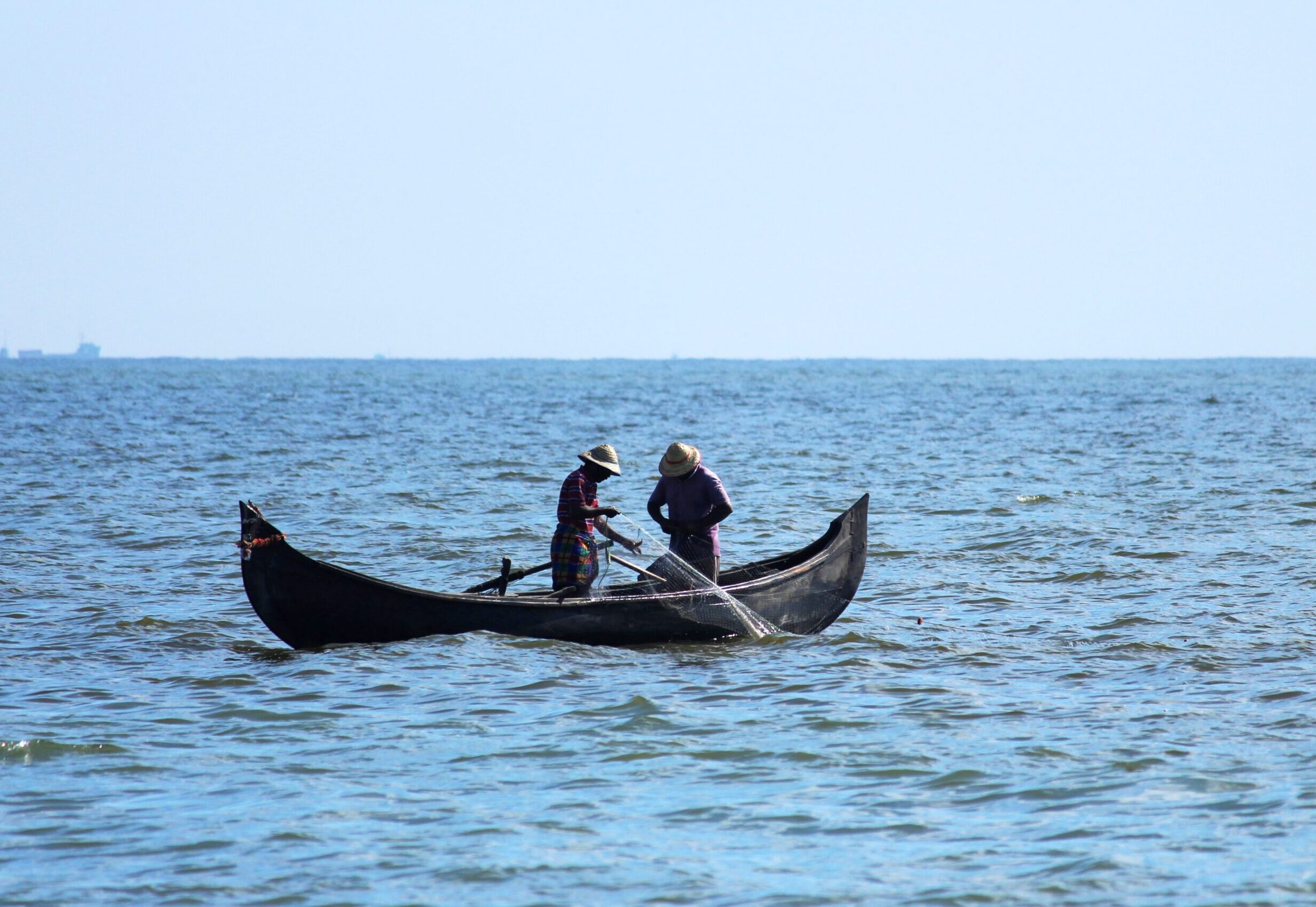
Thirdly, always follow local rules and regulations around fishing practices such as size limits or restricted areas for specific types of fish.
Fourthly, dispose of waste properly by carrying out everything you brought with you. Don’t leave any litter behind!
Respect nature during your trip by not disturbing wildlife or causing damage to aquatic plants and habitats. Remember: Leave No Trace!
By following these simple guidelines when angling we can ensure a healthy sport for generations to come!
Alternatives to Traditional Fishing
While fishing is a popular hobby for many people, there are alternatives that can provide the same thrill without harming fish populations. One of these options is catch-and-release fishing, which involves releasing the fish back into the water after catching them instead of keeping them as trophies or for food. This allows anglers to enjoy their sport while also practicing responsible angling.
Another alternative to traditional fishing is fly-fishing. This method uses artificial flies and lures made from materials such as feathers, fur, and thread to mimic real insects and lure fish into biting. Fly-fishing requires more skill than other types of fishing and can be a fun challenge for experienced anglers.
If you’re looking for an activity that doesn’t involve actually catching fish, kayaking or canoeing trips down rivers or lakes can be a great way to enjoy nature while still getting out on the water. Additionally, birdwatching along with kayaking or canoeing trips can give you even more appreciation for nature.
Ultimately, there are plenty of ways to enjoy being outdoors near bodies of water that don’t necessarily require traditional fishing practices. Whether it’s catch-and-release methods, fly-fishing or just enjoying time paddling around in a kayak – there’s always another option if you want to take part in outdoor activities responsibly!
To sum up, fishing can be a fun and rewarding activity as long as it is done responsibly and ethically. Being aware of different types of fishing, the pros and cons of each method, what fish to catch on a trip, and how to practice responsible angling are all important factors to consider when planning your next fishing excursion.
As anglers, we have a responsibility to respect the delicate balance of our ecosystems and ensure that future generations can enjoy this beloved pastime. By following these guidelines for ethical angling practices, we can help preserve our natural resources while still enjoying the thrill of catching fish.
Remember that alternatives such as catch-and-release or using non-lethal methods like fly-fishing or spearfishing exist for those who want to minimize their impact on marine life. Every little bit helps when it comes to protecting our oceans and rivers for future generations.
So whether you are an experienced angler or just starting out in this hobby, always remember to respect nature’s bounty by practicing responsible ethics every time you go fishing. Happy angling!
